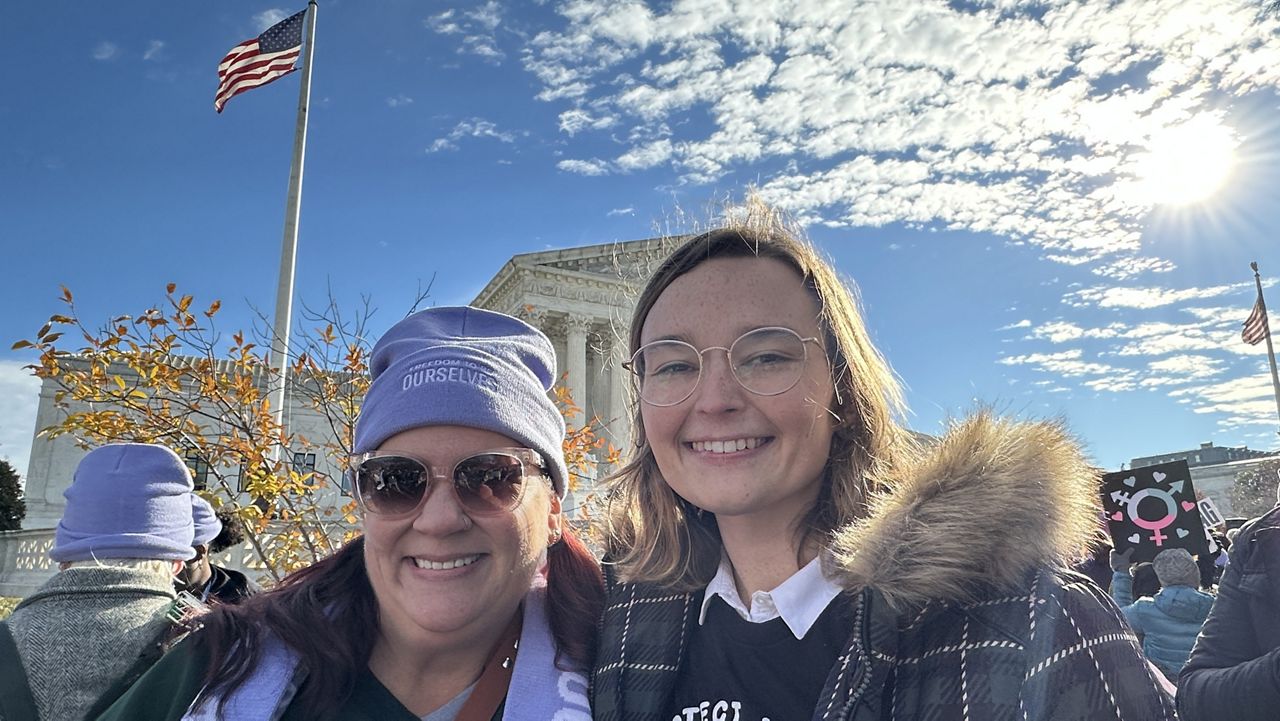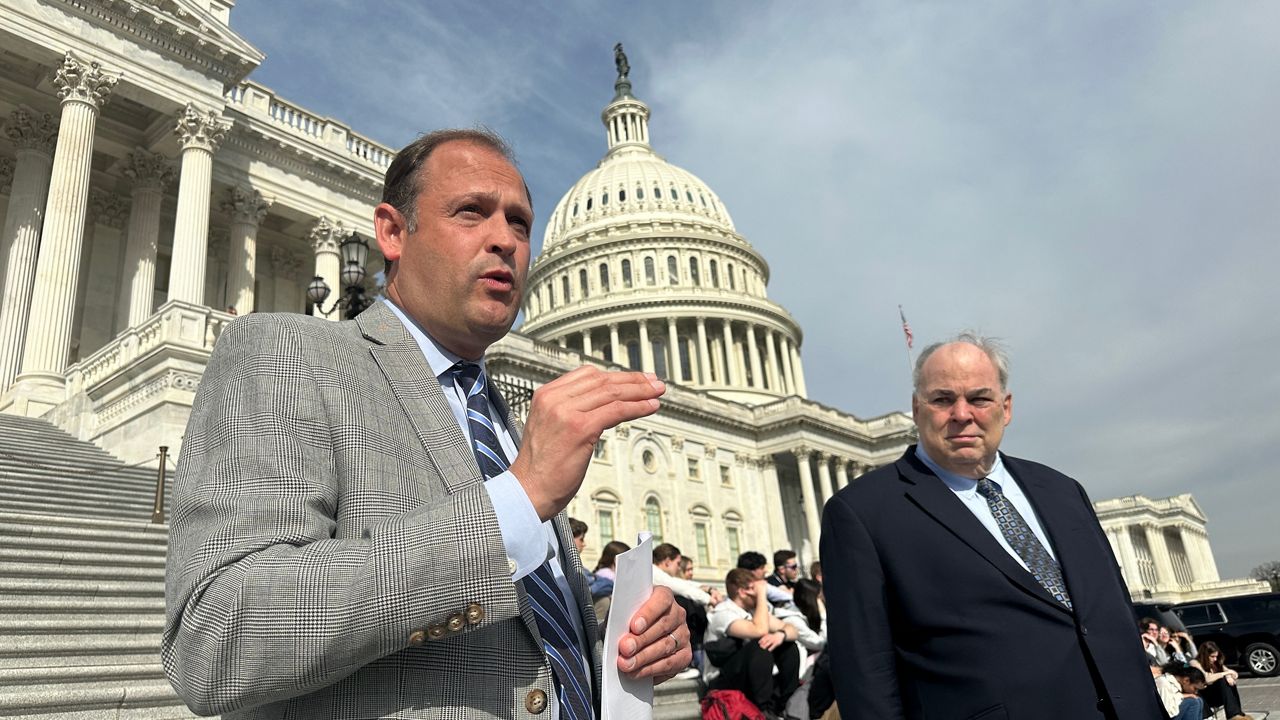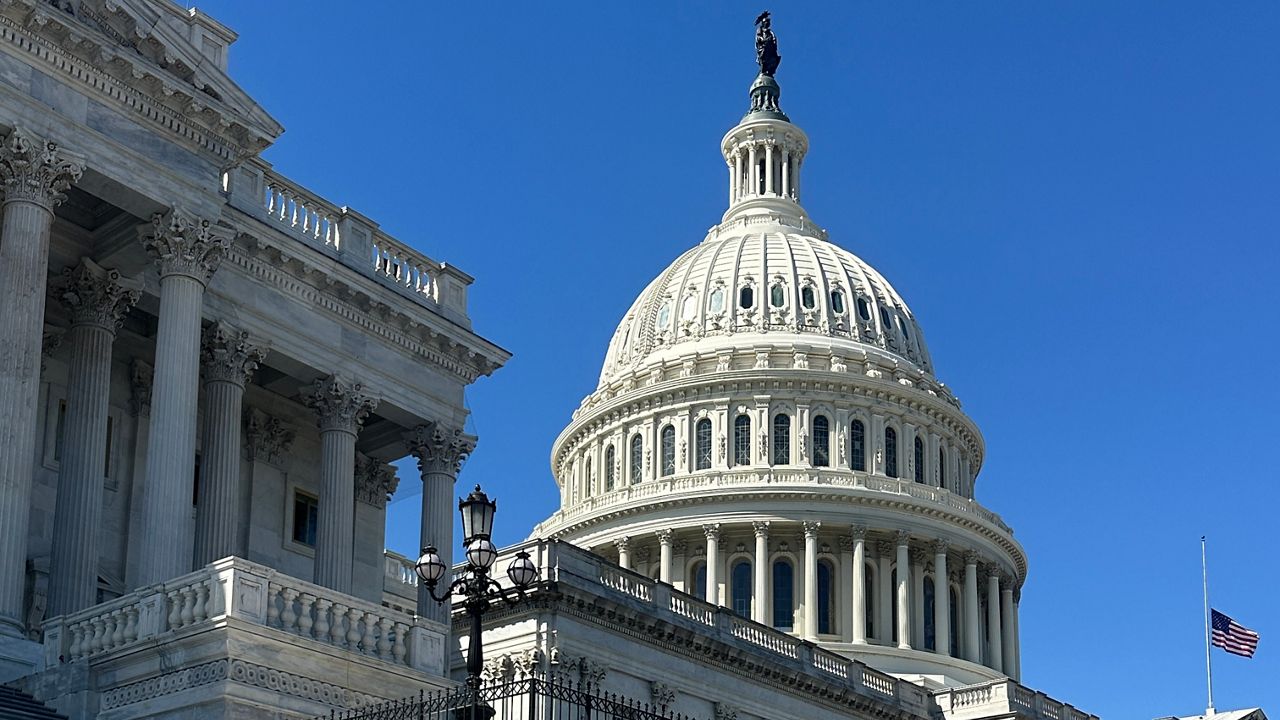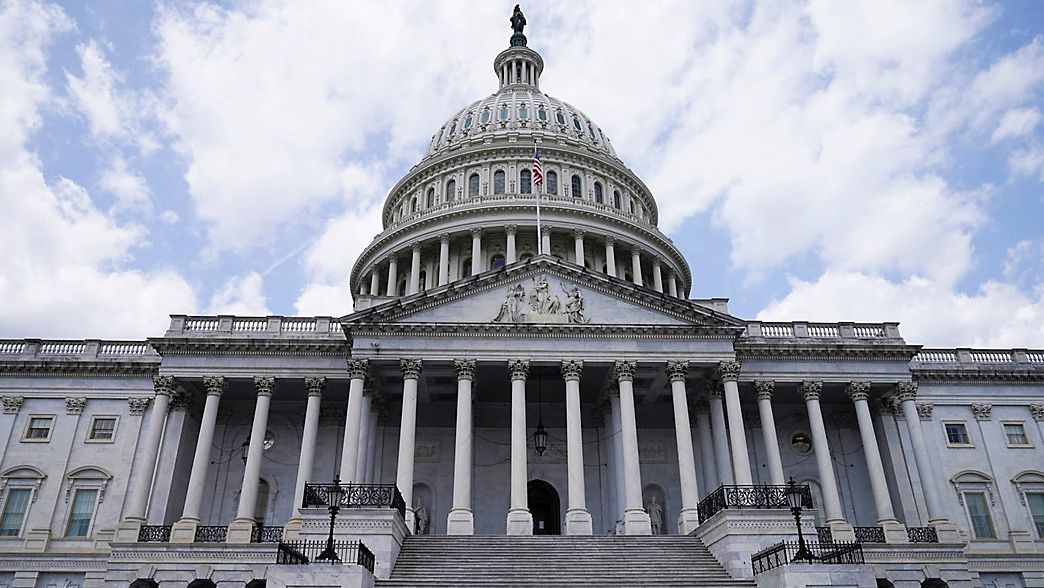If you or someone you know needs help, call or text 988 to reach the Suicide and Crisis Lifeline or live chat at 988Lifeline.org.
WASHINGTON — Advocates rallied for and against Tennessee’s ban on gender transition care for children Wednesday outside the U.S. Supreme Court.
Attorneys challenging the law told the court the ban on puberty blockers and hormone treatments for transgender children amounts to sex discrimination. A lawyer for the state of Tennessee argued it’s about protecting children.
Several justices who are part of the court’s conservative majority seemed skeptical about blocking the ban, with some suggesting the issue should be left to state lawmakers around the country.
“If there's strong, forceful, scientific policy arguments on both sides in a situation like this, why isn't it best to leave it to the democratic process?" asked Justice Brett Kavanaugh.
Liberal Justice Sonia Sotomayor noted the suffering of children with gender dysphoria.
“The evidence is very clear that there are some children who actually need this treatment, isn't there?” she asked.
The high court’s decision could have a direct impact on part of a Kentucky law, Senate Bill 150, banning gender transition care for minors.
Several transgender children and their parents filed a lawsuit arguing the law’s ban on puberty blockers and hormones for trans youth is unconstitutional and the case is still pending.

Emma Curtis was recently elected the first transgender city councilor in Kentucky and said gender transition care saved her life.
“I attempted suicide, and by the grace of God, I didn't succeed,” she said outside the court. “When Senate Bill 150 passed, I knew that was going to put kids even further at risk for that because we are denying them the very health care that makes it so that I am able to exist comfortably as myself today.”
David Walls, executive director of The Family Foundation, a Kentucky-based Christian public policy organization, The Family Foundation, said, “We pray that the Court’s decision will recognize the harms perpetrated upon children in the name of 'gender-affirming' care and that they would rightly allow for Kentucky, Tennessee and other states to protect our most vulnerable fellow image-bearers from lifelong harm.”
The justices are not expected to issue their decision until next spring or early summer 2025.












